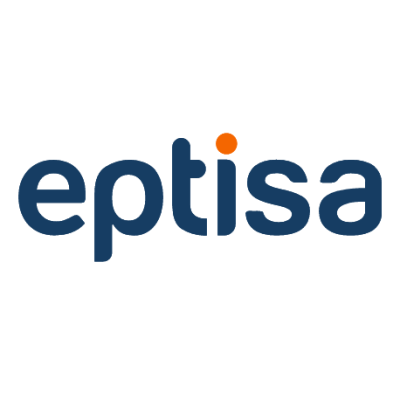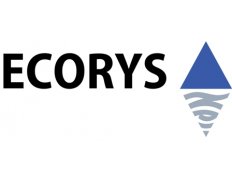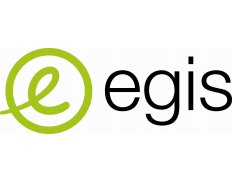
Euronet is a European business consultancy with branches in Italy, Belgium, and the UK is looking for partners to work on HORIZON-CL5-2024-D6-01-12
Details
Description
A new framework to improve traffic safety culture in the EU
HORIZON-CL5-2024-D6-01-12
Programme: Horizon Europe Framework Programme (HORIZON)
Call: Safe, Resilient Transport and Smart Mobility services for passengers and goods (HORIZON-CL5-2024-D6-01)
ExpectedOutcome:
Research results are expected to contribute to all the following outcomes:
Growing a positive traffic safety culture across the EU that supports the Vision Zero goal and the Safe System Approach, and which is in line with the UN Sustainable Development Goals and the 2020 Stockholm Declaration, UN General Assembly Resolution and Global Plan of Action for the second decade on road safety
Remedial action against detrimental, non-temporary impacts of the COVID-19 pandemic on certain road safety risk factors such as a shift from collective to individual means of transport. Facilitation of a shift to increase efficiency in road safety related public spending across Europe together with a shift towards more energy efficient mobility choices.
Development and evaluation of strategies to transform the traffic safety culture of road users and stakeholders based on a valid model that identifies the key components defining traffic safety culture, including, for example, social norms, attitudes, perceived control, values, and system assumptions (including its energy efficiency and consumption)
Concepts and guidelines to make the concept of traffic safety culture an integral part of road safety work of actors across the socio-economic systems of European societies
Better understanding of the link between road safety outcomes and safety culture; pilot implementation of road safety education at secondary school level and also for decision makers and practitioners in EU Member States/Associated countries.
Scope:
A Safe System entails the understanding and managing of all elements of the transport system, including the behaviour and interplay of its actors. Comparative analysis shows persistent differences in road safety performances between EU Member States/Associated countries. These differences may be attributable to differences in culture, which are hard to explain with classical risk models. Efforts should therefore be made to complement road safety initiatives by a safety culture perspective, i.e., the values, beliefs, priorities and viewpoints shared among groups of road users and stakeholders that influence their decisions to behave or act in ways that affect safety, while also considering energy consumption. This concept is already well established in organisational research.
Assessing road safety cultures in different national, regional or local systems, groups and organisations is believed to help understanding and explaining different patterns of risk perception and risk taking across communities and countries – and can likewise inform tailored interventions for these (sub-)cultures, which all come with their specific norms, values, beliefs and behaviours (including gender-related behavioural patterns). These interventions should address all relevant actors in the system for road transport of people and goods, and consider future developments, such as potential impacts by increasing automation levels or by the introduction of new means of road transport such as e-scooters and hoverboards.
Please, visit the following page to get more information regarding this call:https://www.developmentaid.org/grants/view/1218451/a-new-framework-to-improve-traffic-safety-culture-in-the-eu?useNavigation=true





